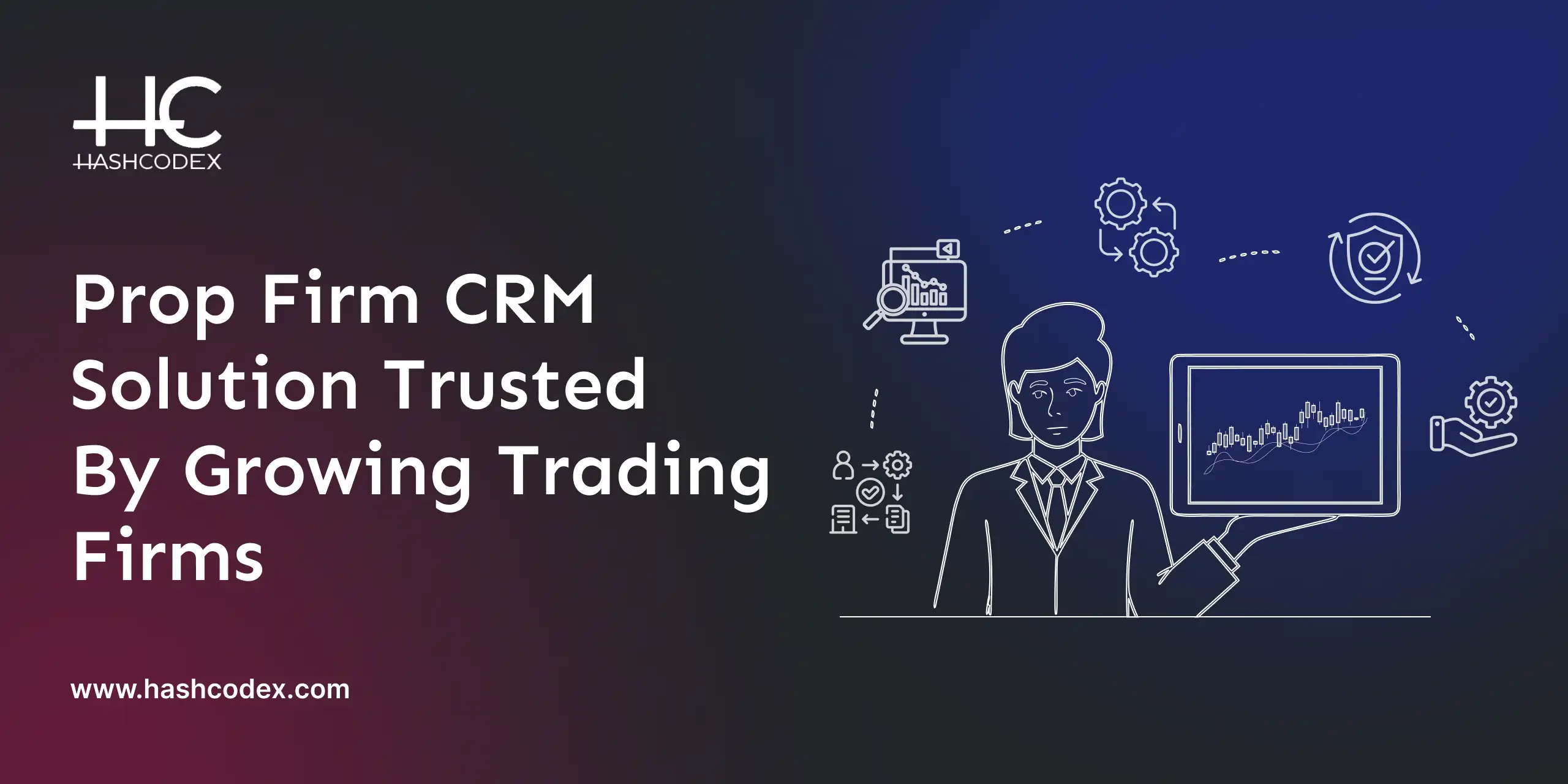Wait… Did you see what’s happening in algo trading right now?
SEBI has announced new rules, and they’re changing how algorithmic trading works across India.
If you're a trader, developer, or building a fintech product, you can't ignore these rules. They change how trading bots are built, tested, and used in the market.
Algo trading was growing very fast. To keep things safe and fair, SEBI stepped in with new rules to protect everyday investors and bring more control to the system.
- So what are these new rules?
- Why did SEBI take this step now?
- And how will these changes affect you or your trading platform?
We’ll explain everything clearly, so you understand how it all connects to you.
What is Algo Trading and Why Is It Important?
Before we get into the rules, let’s quickly cover the basics.
Algo trading (algorithmic trading) means using computer programs to buy and sell stocks or crypto. These programs follow a set of rules, like timing, price, or volume, to make fast and smart trades.
This type of trading is important because it saves time, reduces human errors, and allows for faster processing than a person. It also helps get better prices and works 24/7 without getting tired. But there are some risks too, like misuse, system overload, and lack of rules — that’s where SEBI steps in to protect the market.
Where did all this start? Let’s rewind a bit.
This update from SEBI did not come suddenly. In December 2021, SEBI shared a consultation paper about algo trading for retail investors. Many retail traders had started using trading bots without fully knowing the risks involved. SEBI noticed this growing trend and felt something had to be done.
So they shared some early suggestions. They said every algo should get approval from the exchange. Brokers must take full responsibility if something goes wrong. Also, traders should clearly understand how the bot works before using it.
Now, in 2025, those suggestions have turned into real rules. The new rules are based on that 2021 paper. If you are thinking why SEBI made these changes now, this is where it all started. The old paper provides the background and helps us understand the full context.
Read the original SEBI consultation paper here
SEBI’s New Algo Trading Rules: What Changed in 2025?
SEBI has now made the algo trading rules very clear. No more confusion. They have told us exactly what’s allowed (white), what’s not allowed (black), and what was previously in a grey area is now clarified.
1. Exchange Must Approve Algos
Algo strategies are not allowed unless approved by the stock exchange. So It must be approved by the stock exchange. This applies to all, whether created by brokers or retail traders. No one is allowed to run unapproved algorithms, even for personal use, through APIs or platforms.
2. Tag Every Algo Order
Each algo order must have a unique tag or ID when sent to the exchange. This tag helps track who placed the trade and how it was processed. It’s important for audits and helps stop manipulation or misuse of algorithm-based trading.
3. Brokers Hold Full Responsibility
Brokers must check and approve every algo before their clients use it. They must make sure it’s safe, tested, and doesn't hurt the market. Even if a client writes their own algo, brokers must review and follow the rules before it's allowed.
4. Keep Algo Trade Logs
Every algo trade must be recorded with full details like time, price, code used, and results. These logs must be kept safely and shown to SEBI or the exchange if asked. This helps solve problems and prevent illegal or risky trading actions.
5. Inform Clients About Risks
Brokers must explain all possible risks of algo trading to clients. Clients must give written consent before using any algorithm tool. This rule protects users from losses they didn’t understand or agree to before starting.
6. Ban on Unapproved Sharing
Sharing or selling algo strategies without exchange approval is not allowed. No one can promote algos on Telegram, social media, or websites unless they follow SEBI rules. This is to stop scams, false tips, and untrusted algorithm sellers in the market.
7. Only Registered Providers Allowed
Only algo providers approved by the stock exchange can offer services to retail users. If someone builds or sells algos without registration, it is illegal. This ensures only genuine, quality tools are available for safe use.
8. Limit Fast Trading Algos
If an algo places many orders per second, it must be registered specially. These high-speed algos need more control to stop market overload. This rule protects smaller traders from being affected by aggressive or unfair trading by faster systems.
9. Use Two-Factor Authentication
To stop others from misusing APIs, SEBI now asks traders to use 2FA (like OTP or app login). Even if someone steals your password, they can’t log in without the second step. It makes algo trading accounts safer from hacks.
10. Static IP Is Required
Retail traders must use a fixed or static IP address to access the algo APIs. This prevents unknown users or devices from logging in. Brokers can block all unknown IPs, which helps avoid unauthorized access or fraud through trading bots.
11. Brokers Handle Complaints
If algo trading causes any problem, like wrong orders or delays, the broker must fix it. They must also handle complaints fast and take care of client safety. SEBI holds brokers fully responsible for all algo-related client issues.
Who Must Follow These Rules?
- Retail Traders: Must follow all rules, use approved algos, static IP, and 2FA.
- Brokers: Must test, log, monitor, and report all client algos and issues.
- Algo Providers: Must register with exchanges and only sell after approval.
Why Did SEBI Introduce New Algo Trading Rules?
SEBI made new algo trading rules to keep retail traders safe and make trading fair for everyone. Before this, many people used trading bots through APIs without any approval. Some even sold these bots without getting permission from the exchange. This created problems like system errors, unfair trading, and confusion among traders.
To solve this, SEBI's new rules focus on:
- Protecting retail traders from fraud and unapproved bots
- Avoiding system overload by controlling API misuse
- Ensuring fairness and transparency in algorithmic trading
- Defining clear roles for brokers, algo providers, and traders
- Reducing market volatility and preventing flash crashes
- Increasing accountability in automated trading
In short, these rules aim to make algo trading safe, transparent, and structured for everyone.
How Do These Rules Affect Algo Trading Software Developers?
If you're building algo trading tools, it’s important to follow these updated guidelines to stay compliant and gain client trust:
1. Get exchange approval before promoting or selling
You must receive formal approval from the exchange before you advertise, sell, or offer access to your trading software.
2. Respect OTR (Order-to-Trade) and OPS (Orders-Per-Second) limits
Design your systems to strictly follow the exchange's rate limits to avoid being flagged or blacklisted.
3. Use secure, manual login methods only
Auto-login hacks or bypass methods are not allowed. Your software must support secure login protocols like OAuth or multi-factor authentication.
4. Support static IP and real-time compliance tracking
Your tool should integrate with static IP setups and allow real-time monitoring of orders and activity for regulatory compliance.
5. Provide clear audit logs and order trails
Your software should keep a transparent record of all trades, order modifications, and cancellations to meet audit requirements.
6. Enable risk controls and kill-switch options
Your platform should include features like position limits, circuit breakers, and emergency stop mechanisms to control losses and respond to market volatility.
7. Avoid self-trading or wash trades
Self-trading or wash trades happen when your algorithm buys and sells between two accounts you own, making it look like there is more activity in the market than there actually is. For example, if you trade between your own accounts, it can mislead the market and is considered illegal. Always check with it to make sure your system prevents this.
How Will These Rules Improve the Algo Trading Ecosystem?
These rules are not roadblocks. They’re guardrails. They can improve the entire ecosystem:
- ✔️ Fewer fraud tools
- ✔️ Lower system load on exchanges
- ✔️ Better trust in the algorithm software
- ✔️ More stability for traders and developers
In the short term, yes, this means more work. But long term? It’s a win for everyone.
Final Thoughts
SEBI’s new rules are bold but needed. Retail algo trading is here to stay. Now it is safer, clearer, and more trustworthy for everyone. Whether you are a trader, broker, or provider, the message is simple.
Follow the rules. Stay compliant. Build better.
Not sure where to begin? Start by checking your software. Make sure it meets SEBI rules. Still confused? No worries, we are here to guide you.
We are Hashcodex, the best Algo trading software development company. We build custom solutions that match regulations in every country. Whether it is for India, the USA, the UK, or any other region, we can help you stay compliant and secure.
Need help with SEBI-compliant algo trading software? Let us talk











